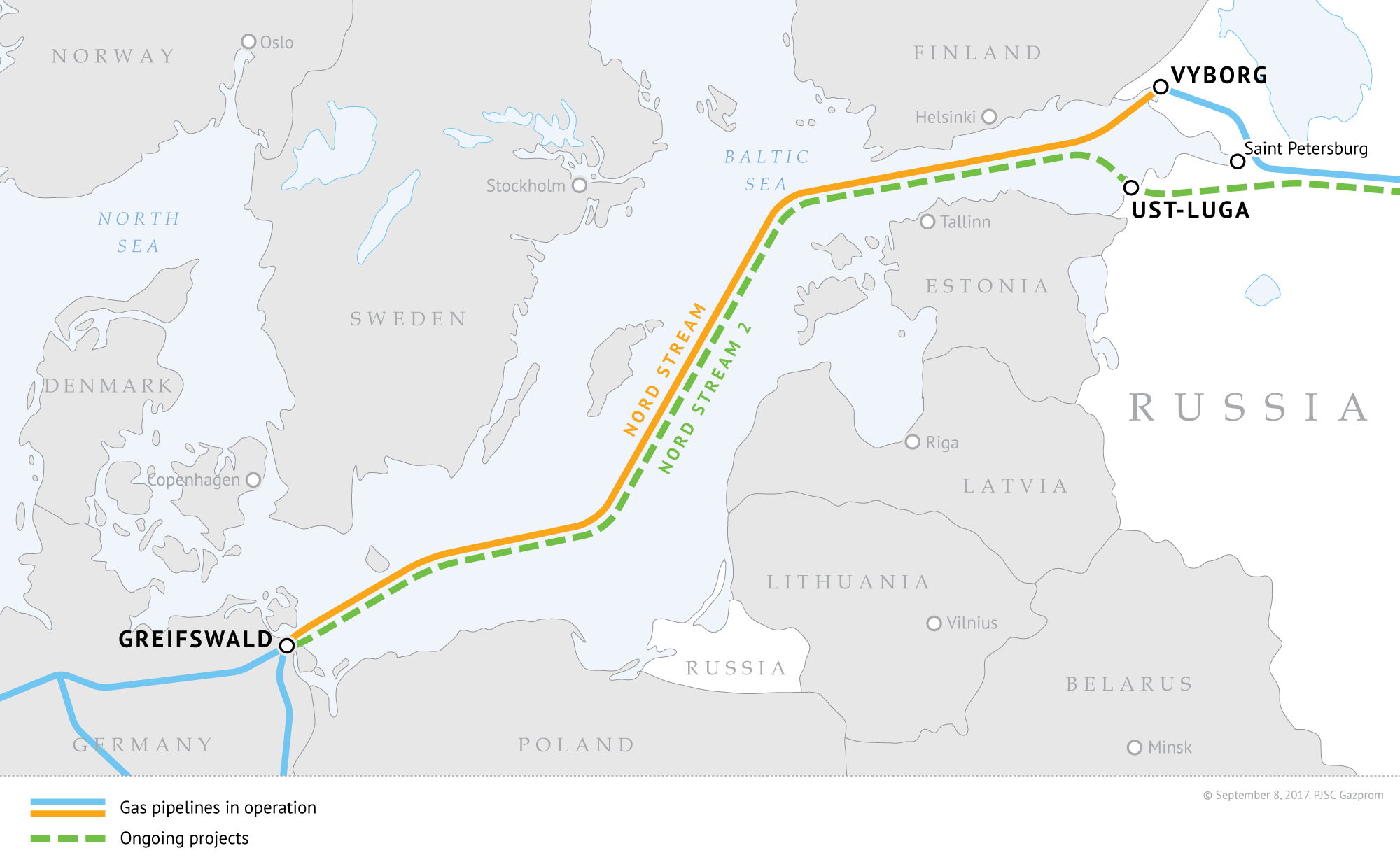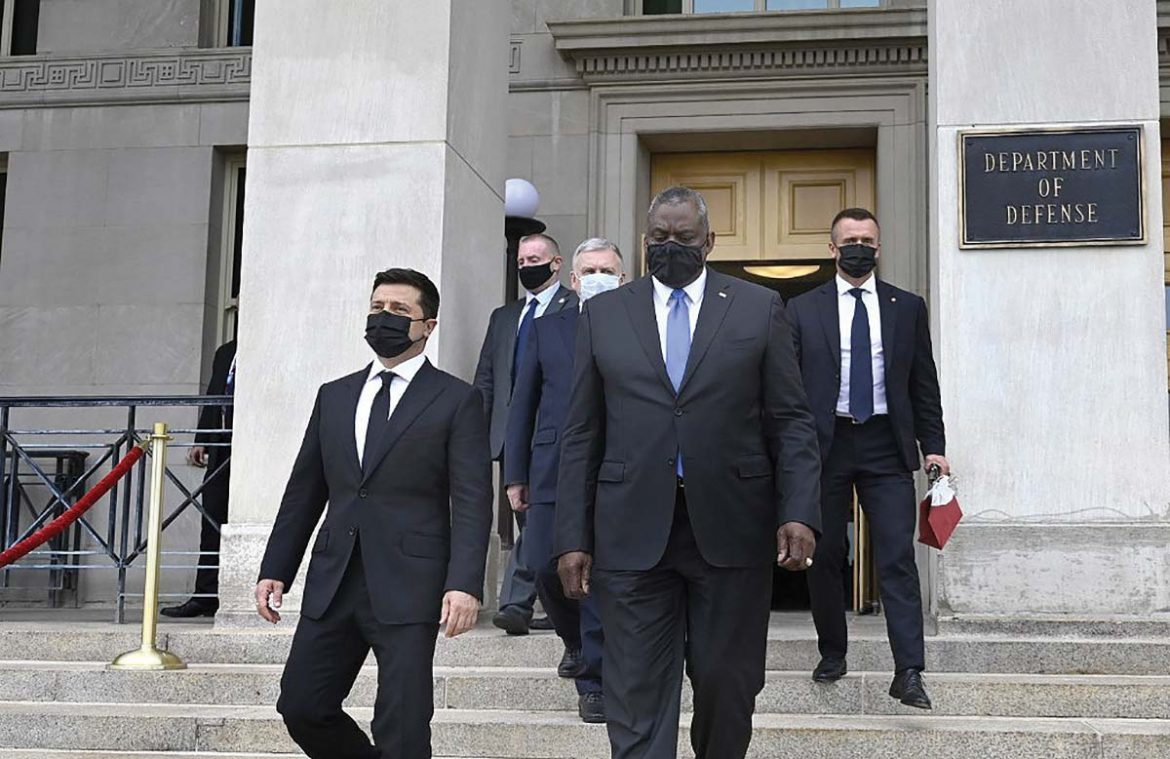As a relative victory for Ukrainian delegation, PACE agreed to include amendments recognizing that Russia’s annexation of Crimea was illegal and that all obligations imposed on Russia by previous PACE resolutions regarding Russian aggression against Ukraine remain in force in its decision.
Although disturbing for Ukraine, Russia’s return to PACE can affect PACE most of all. The main power of the assembly is the mechanism of sanctions imposed on countries that violate resolutions. The decision to return voting rights to Russia without the implementation of PACE demands creates a dangerous precedent that calls the assembly’s integrity into question.
Meanwhile, the voting itself was meaningful. The 2020 PACE winter session proved that European countries are divided in their treatment of Russia: rather moderate in western and strictly negative in central-eastern Europe.
What the confirmation of Russia’s voting right means
Yelyzaveta Yasko, head of the Ukrainian Delegation to PACE, names three main reasons, in addition to Russia's financial contribution to PACE, that explain why the majority of European countries allowed Russia to return without any restrictions on voting.
The reasons include fatigue from constant dealing with the Russo-Ukrainian conflict, naivety regarding the possibility to reach an agreement with the aggressor, as well as incomprehension that there is a real war in Europe:
“Many countries are tired of having to deal with this issue constantly… Some do not understand that there is indeed a war in Europe. The prevailing opinion is that dialogue is needed – they say, if Russia is in Strasbourg, it will have to do something. In PACE we have heard such a strange argument: it is better to keep the aggressor beside us, controlling it… And also, I think, many are just afraid of the aggressor, afraid of annoying it.”

Nonetheless, Russia's return to PACE does not mean that Russia has full control over the assembly. This was demonstrated when PACE delegates voted for the two Ukrainian amendments to the decision on Russia’s voting rights: that Crimea is Ukrainian and that all previous resolutions regarding Russia remain in force. These amendments were accepted by an overwhelming majority: 109/17 for the first one and 114/13 for the second.
At the same time, there are pro-Russian deputies whom Russia can use to promote its interests.
For example, Tiny Kox, a member of the Socialist Party of the Netherlands, was responsible for the preparation of the draft report on the possibility to reconsider the decision on the restoration of voting rights for the Russian Federation. Tiny Kox is considered a lobbyist for Russia's interests. Indeed, his report was on the verge of absurdity, saying nothing about Russian aggression. However, it stated that Russia demonstrated “progress” as it released Ukrainian sailors. In reality, however, Russia had to release them according to the decision of the UN tribunal without condition. Yet Russia released them only as part of a bilateral exchange.
The decision to return Russia to PACE is an excuse. This fact is more dangerous than Russian voting rights per se. Russia did not implement the PACE requirements to return to the assembly when PACE accepted it back on 25 June 2019. Thus, the assembly demonstrated that its decisions and resolutions have little importance and can be violated without consequences.
Moreover, Russia not only knows that it can violate the PACE decision; it also knows that blackmail works effectively to persuade European diplomats and continues using it. At first, Russia stated that either PACE would return her voting rights, or it would leave the assembly. And this worked.
Subsequently, at the last PACE session, Piotr Tolstoy, head of the Russian delegation to PACE, warned other members of the assembly about Russia's intention to leave the Council of Europe should any new restrictions on the powers of Russian deputies be approved. Such Russian rhetoric, unfortunately, appears to have become normal in PACE and discredits any efficiency of the assembly.
There may be a small positive effect from Russian participation in PACE. And this is not the judicial mechanism and leverages of the assembly, but the PACE monitoring mission in Russia.
Russia is obliged to cooperate with the monitoring mission. In June this year, PACE will consider a monitoring resolution on the state of democracy in Russia. This document will demonstrate whether Western deputies are ready to recognize the catastrophic state of democracy in Russia and put pressure on the country. Ukraine on her part can also use the monitoring mission, demanding to visit Crimean or Ukrainian political prisoners in Russia.

How delegates voted and what the results mean
Ukraine and its proposal to reconsider the Russian return were supported by all members of the Georgian, Lithuanian, and Latvian delegations that took part in the vote, almost all Swedes, and all Poles except one abstention. Also voting with Ukraine were one Moldovan (representative of the opposition bloc ACUM), one Slovak (the other voted in favor of Russia), and one Turk (others also supported the Russian Federation). Representatives from western European countries supported the Russian Federation. Only two representatives from the Netherlands, one from Spain and one from the UK voted for Ukraine.
Serhiy Sydorenko, editor of European Pravda who was present in Strasbourg at the PACE session, summarizes the voting as follows:
"In Western Europe, the vast majority of parliamentarians sincerely believe that there is a need to talk with Russia. That persuasion can change its position over time. They were not joking when explaining in the summer that the return of the Russian Federation to the assembly would help with its democratization. The Germans and the French are especially strong in this position – they don’t realize that the Russians have another mentality, that Moscow interprets an 'invitation to dialogue' as a demonstration of weakness… This in particular explains such a striking difference between the positions of Eastern European states bordering the Russian Federation and all others. After all, the Balts [Lithuania, Latvia, and Estonia], Poles, Georgians and Swedes are well aware of the fact that no positive changes in Russia can be achieved through such actions."
The old Bismarck words that “any treaty with Russia is not worth the paper it is written on” have a modern meaning for Ukraine. Not only are the Minsk agreements regarding the disengagement and withdrawal of Russian troops from Donbas not complied with; the rulings from the Stockholm arbitrary court on the $3.9bn that Russia had to pay Ukraine were not followed normally. Till the last minute, Russia used this sum to bargain with Ukraine over gas contracts. Although the money was already de-jure Ukrainian, Russia said that it would only pay if Ukraine signed the gas contract. There was a similar story with the captured Ukrainian sailors. Thus Russia understands only haggling or force. It effectively plays a double game with Europeans, abiding by treaties selectively, and only when it is really profitable for Russia. There is no hope that Russia will suddenly start abiding by the rule of law as long as Putin’s political regime continues.

Russian allies in Ukraine showed themselves in PACE
Russia not only has allies and partners in Western Europe but also in Ukraine. One of the 12 Ukrainian delegates, Yuliya Liovochkina, voted in PACE contrary to the other 11 Ukrainian delegates, supporting the confirmation of Russia’s voting right. Yuliya Liovochkina was delegated from the pro-Russian Ukrainian party, Opposition Platform — For Life (OPFL), which won 10% of seats in the Ukrainian parliament in the 2019 elections. According to PACE rules, delegates from all political parties should be represented proportionally, with the delegation having no official influence on the voting or speeches of its members.
Elected mainly in some regions of eastern Ukraine, the OPFL clearly defends pro-Russian or even Russian propagandist messages, supports the federalization of Ukraine, resists any laws about the support or protection of the Ukrainian language at schools or in the public sphere. As about 10% of Ukrainian citizens do indeed support OPFL, there is no legal framework to stop it.
Baltic+ and their declaration
On the other side, delegates from the central-eastern European countries supporting Ukraine continue to expand their coalition named Baltic+, according to Yelyzaveta Yasko. Baltic+ plans a strategic meeting before the April PACE session. It is an informal association and some delegates from Western European countries also participate.
As Yelyzaveta Yasko reported, the Ukrainian delegation to PACE and Ukrainian friends from the Baltic+ countries, representatives of the delegations of Great Britain, Georgia, Iceland, Latvia, Lithuania, Moldova, Poland, Slovakia, and Sweden signed a declaration of their disagreement with the decision confirming the credentials of the Russian delegation to PACE. The declaration also demands the implementation of resolutions adopted in previous years regarding Russia's aggression.
The declaration says that those who signed it do not agree with the approval of the Russian credentials and expect that the Russian Federation will, in return, both respect the terms of the European Convention on Human Rights (ECHR) in full and meet the requirements of Parliamentary Assembly Resolutions that condemn the annexation of Crimea, military aggression by the Russian Federation in Donetsk and Luhansk regions, failure of the Russian Federation to implement resolutions regarding the occupation of the Georgian regions of Abkhazia and South Ossetia, and resolutions addressing the erosion of democracy in the Russian Federation itself.
Read also:
- No limits for Russia: how PACE agreed to lift sanctions on the aggressor
- Russia’s return to PACE is bad news for the human rights situation in Russia – Nikolai Polozov
- PACE destroys sanctions mechanism, allowing return of Russian delegation
- Looks like 1938: how Berlin and Paris made a step towards lifting sanctions on Russia in PACE
- Russia ignores PACE resolutions to end aggression against Ukraine. So PACE prepares to lift sanctions





